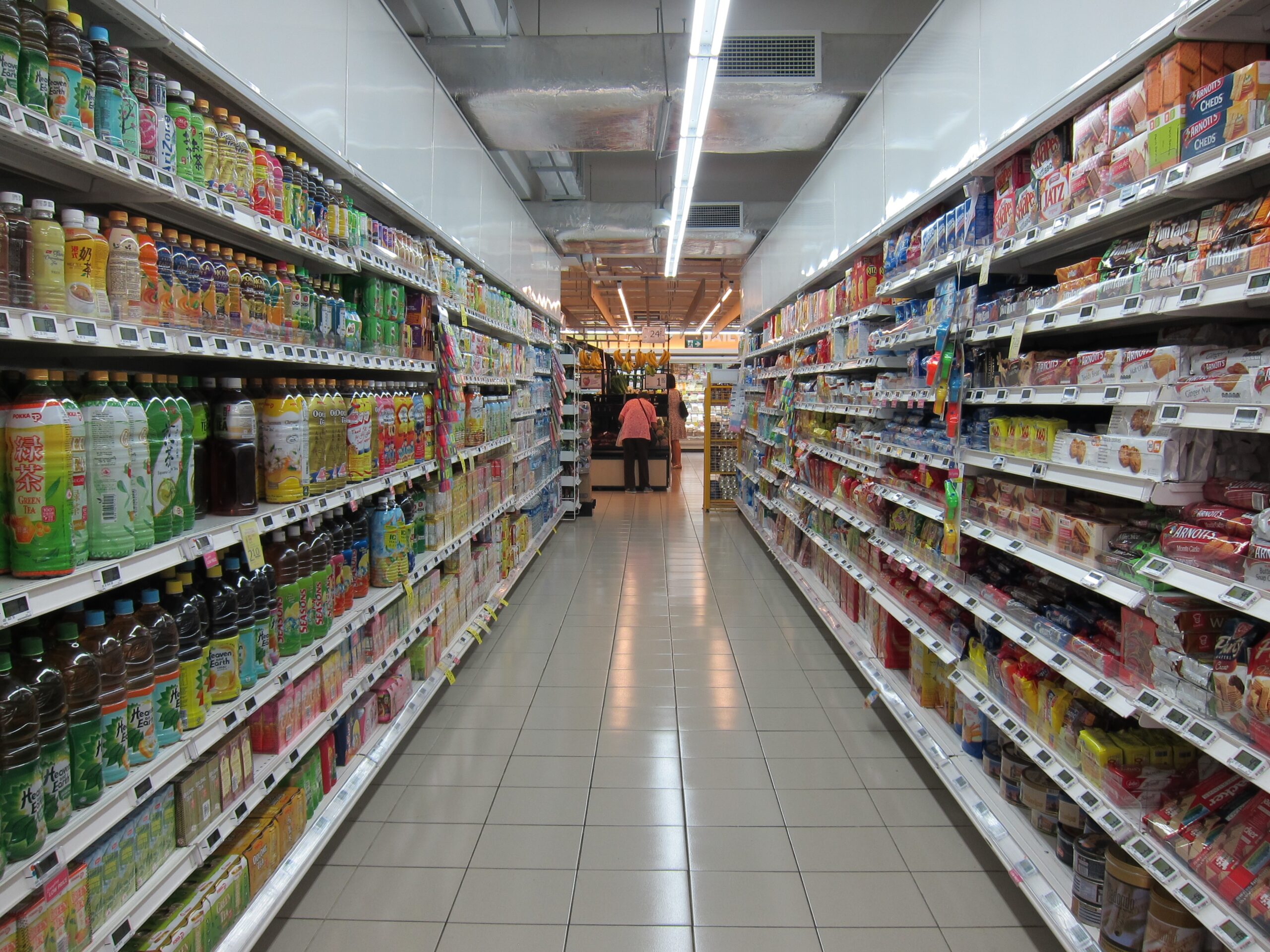

Image by Peggy CCI from Pixabay
A judge in NZ has fined a food supplements manufacturer NZ$377,000 after it pleaded guilty to engaging in conduct that was liable to mislead the public about the origin of ingredients in its royal jelly supplements.
The penalty was imposed on the New Zealand Health Food Company Ltd after the court found that the combination of phrases and images used by the company to market the products gave the impression that they were from NZ, when in fact the key ingredient came from China.
An investigation by the Commerce Commission showed that, from December 2015 to December 2020, the company made various misleading representations on product labelling, websites, social media, and through other marketing channels such as email newsletters.
Among the misleading statements used were: “100% New Zealand”; “Our product range is a selection of some of the finest bee products that New Zealand’s wild and rugged landscapes have to offer” and “The New Zealand Health Food Company is dedicated to bringing you premium quality products which have been sourced from the pristine environment that is synonymous with New Zealand”.
Images used on the packaging included a silhouette of the Kiwi and a map of New Zealand, as well as mountain and pasture imagery.
The commission filed three representative charges against the Christchurch-based company which sold the products under three different brands: New Zealand Health Food; Manuka South; and Kiwi Natural Health. The company trades throughout New Zealand and also exports to overseas markets.
According to a statement from the commission, the royal jelly in the supplements came from China, royal jelly processing took place overseas, and most of the other ingredients were sourced from overseas. The royal jelly was put into capsules and packaged in New Zealand.
“What the company knew at the start was that its royal jelly was from China,” the Christchurch District Court ruled.
“The customers must have been entitled to know the origin of the products they were buying and to not say where it came from was at best careless and at worst done deliberately due to the advantage that arose to the potential purchasers’ state of mind and advantage to be gained over the distributors who did abide by the rules”, Judge David Ruth stated.
Commission Chair, Anna Rawlings, said: “Businesses need to consider the overall impression that consumers are likely to form from the phrases and images used in marketing, including brand names. Country of origin claims are very difficult for consumers to verify, so businesses must ensure packaging and marketing materials are clear and not misleading.”